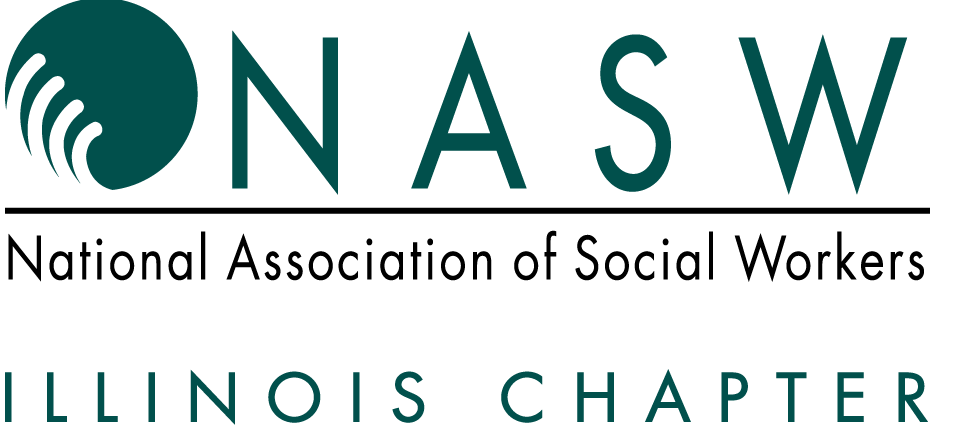Group Therapy Ideas
Many of us are familiar with the concept of group therapy, but when it comes to tackling depression, it opens up a whole new world of possibilities.
We often think of depression as a solitary struggle, but there’s immense power in shared experiences and collective healing.
In this blog, we’ll explore various group therapy ideas that can be incredibly effective in managing and alleviating symptoms of depression.
Discovering Group Therapy’s Beginnings
Let’s journey back to where group therapy began with Joseph Pratt. In 1905, he taught hygiene to patients dealing with tuberculosis (Pratt, 1907).
Pratt noticed something interesting – those who regularly joined group interactions after his classes showed more optimism, and courage, and had fewer symptoms, leading to better recovery than those who stayed on the sidelines.
Group therapy activities became a source of emotional connection, education, support, and guidance, benefiting not only mental and emotional health but also physical well-being.
The Power of Group Dynamics
First, let’s talk about why group therapy works wonders for depression. When you’re in a group setting, you’re not just receiving support; you’re also giving it.
This mutual exchange creates a unique dynamic where empathy and understanding grow, and isolation diminishes.
In a group, we learn that we’re not alone in our struggles, which is a huge step in overcoming depression.
Idea #1: Cognitive-Behavioral Therapy (CBT) Groups
CBT is a well-known approach in individual therapy, but in a group setting, it takes on a new dimension.
We can share our thought patterns, learn from each other’s experiences, and collectively work on reframing negative thoughts.
The group setting provides a safe space to challenge distorted perceptions and build new, healthier ways of thinking.
Idea #2: Mindfulness and Meditation Groups
Mindfulness is all about being present in the moment, and what better way to practice this than with others?
Meditation groups can help us learn techniques to manage our thoughts and emotions, essential skills in battling depression.
Sharing mindfulness practices in a group can also help us stay more committed and motivated.
Idea #3: Creative Therapy Groups
Creativity can be a powerful outlet for expressing feelings that are hard to put into words. Art, music, or drama therapy groups offer a safe and non-judgmental space for expressing and exploring emotions.
These activities can be incredibly cathartic and offer a unique way for members to connect and support each other.
Idea #4: Psychoeducational Groups
Sometimes, understanding depression can be half the battle.
Psychoeducational groups focus on providing information about depression – its causes, symptoms, and treatment options.
This type of group therapy empowers us with knowledge and coping strategies, making us better equipped to handle our depressive symptoms.
Idea #5: Support Groups
Support groups are the heart and soul of group therapy.
They offer a platform for sharing experiences and challenges with depression.
In these groups, we find a sense of belonging and an opportunity to connect with others who truly understand what we’re going through.
Idea #6: Physical Activity Groups
Exercise is a known mood booster.
Organizing group activities like yoga, walking, or other fitness classes can help combat depression.
When we exercise together, we’re not just improving our physical health; we’re also building a support network and enhancing our mental well-being.
Idea #7: Nature Therapy Groups
Connecting with nature can have a therapeutic effect on our minds.
Nature therapy groups might involve activities like guided walks, gardening, or outdoor meditation.
These activities encourage us to step outside our daily environment and find peace and solace in the natural world.
Idea #8: Journaling and Writing Groups
Writing can be a powerful tool for understanding and processing
our emotions. In journaling and writing groups, we share prompts and themes to explore through writing.
This practice can help us articulate feelings that might be too complex or overwhelming to express verbally.
Sharing our writings in a group can foster a deep sense of connection and empathy among members.
Idea #9: Cooking and Nutrition Groups
Depression can often affect our relationship with food, either through loss of appetite or comfort eating.
Cooking and nutrition groups focus on the relationship between food and mood.
We can share recipes, cook together, and learn about foods that boost our mood and energy levels. It’s a delicious way to bond and learn together.
Idea #10: Goal-Setting and Accountability Groups
Depression can make it hard to set and achieve goals. In these groups, we help each other set realistic, achievable goals, and hold each other accountable.
It could be as simple as reading a book, taking a daily walk, or practicing meditation.
The group provides motivation and support to keep each other on track
Idea #11: Bibliotherapy Groups
Books can be great therapy.
In bibliotherapy groups, we read and discuss books that are relevant to our experiences with depression.
Whether it’s self-help books, memoirs, or fiction, discussing literature can provide insights into our own lives and create a shared experience that’s both healing and enlightening.
Idea #12: Pet Therapy Groups
Animals have a unique way of providing comfort and reducing stress.
Pet therapy groups involve interactions with animals, which can help alleviate symptoms of depression.
Whether it’s spending time with therapy dogs or visiting an animal shelter, these interactions can bring joy and a sense of calm.
Closing Thoughts
Group therapy offers so much more than just coping mechanisms for those battling depression.
It’s a space where you can find understanding, share your journey, and realize that you’re not alone.
Every story shared, every piece of advice given, and every moment of connection in group therapy can become a stepping stone towards healing.
We understand that dealing with depression can feel like an uphill battle, and it’s okay to seek support. In group therapy, you’re not just another face in the crowd; your experiences, your struggles, and your victories matter.
It’s about coming together, learning from each other, and finding comfort in the fact that others truly understand what you’re going through.
If you’re looking for a place where you can start this journey of healing and connection, consider Grand Oaks Behavioral Health.
Here, you’re not just finding a therapy group; you’re finding a community. A community that listens, supports, and walks with you through every step of your healing process.
At Grand Oaks Behavioral Health, you’ll find professionals who care deeply and are dedicated to providing a nurturing environment where you can grow, share, and find new strength.
Connect with Grand Oaks Behavioral Health today and start your journey toward healing and empowerment in a supportive group setting.





